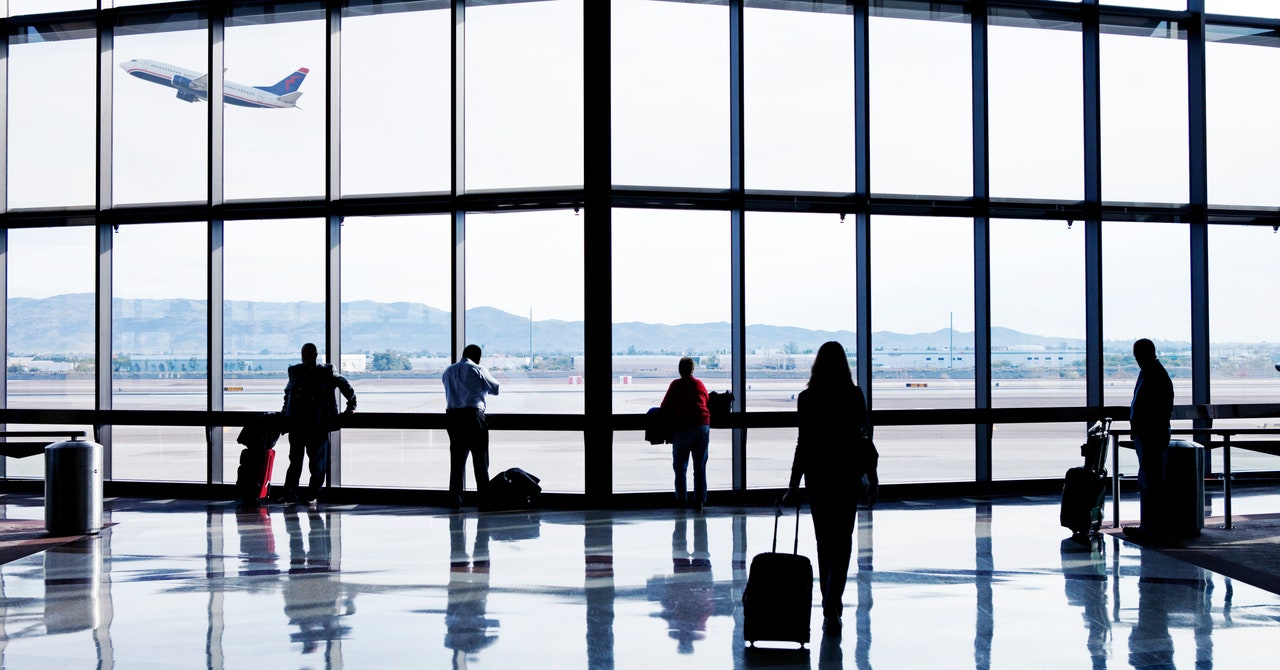THIS ARTICLE IS republished from The Conversation under a Creative Commons license.
Many of us have witnessed unusual and even antisocial behavior at an airport or on a flight. These may range from benign acts such as sleeping on the floor or doing yoga in front of the flight information display system to serious incidents like early morning drunken arguments or even trying to open the airplane doors mid-flight.
These more sinister problems appear to have worsened over recent years, with increasing air rage incidents and flight diversions. Such incidents have led to calls to reduce or even ban the sale of alcohol at airports and on planes. RyanAir, for example, has called for a two-drink limit at airport bars to stop drunken incidents on planes.
But what is it about airports that make us behave differently? Let’s take a look at the psychology.
Many vacationers feel that the adventure begins at the airport, putting them in a different frame of mind than normal. They are eager to begin their one or two weeks’ of relaxed hedonism with a flourish.
Others, however, are anxious about flying, which may make them act out of character or take refuge in alcohol. The noise and crowds of airports doesn’t help either. As the field of environmental psychology has demonstrated, human beings are very sensitive to our immediate surroundings and can easily become “overloaded” by stressors such as crowds and noise.
Stress and anxiety produce irritability, both on a temporary and ongoing basis. People who are generally anxious are more prone to anger. And a temporary anxious mood often triggers angry outbursts.
In my view, we also need to look at the airport from a psychogeographic perspective. Psychogeography studies the effect of places on people’s emotions and behavior, particularly urban environments.
In Celtic cultures, there is a concept of special “thin places”—often sacred groves or forests—where the veil between the material and spiritual world is thin. In thin places, we are between two realms, neither fully in one place nor another.
In the modern technological world, airports can also be seen as “thin places.” They are liminal zones where boundaries fade. On a literal level, national borders dissolve. Once we pass through security, we enter a no-man’s-land, between countries. The concept of place becomes hazy.
In a similar way, time becomes a hazy concept at airports. About to step on a plane, we are in a liminal space between two time zones, about to leap forward in time, or even head back into the past. Some flights across the US—such as Atlanta to Alabama—land earlier than departure time, as they cross time zones. Being able to manage our time gives us a sense of control over our lives. Losing this may be another source of anxiety.
In another sense, airports are a zone of absence, where the present moment is unwelcome. Everyone’s attention turns toward the future, to their flights and the adventures ahead of them when they arrive at their destination. This intense future focus often brings frustration, especially if flights are delayed.





